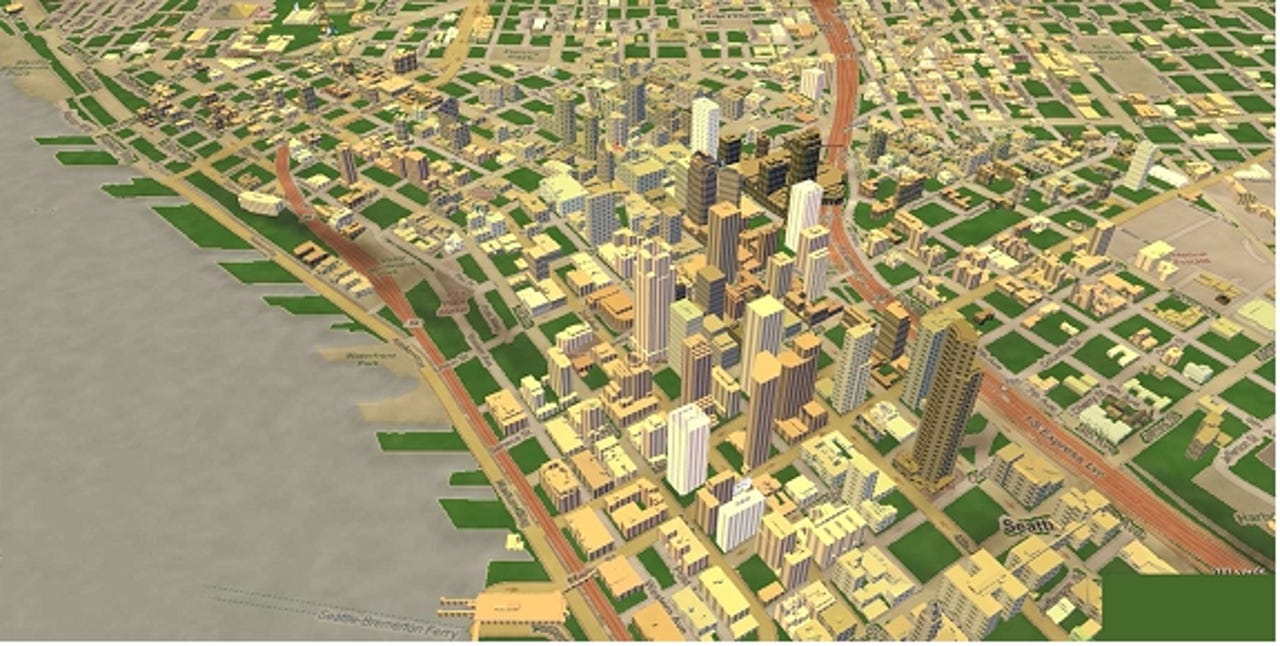Creating the 'third' space in the 'Anywhere Working City'

We spend far too much time getting to and from work. A 2011 study by the Trade Union Congress (TUC) found that we spend almost 200 hours per year commuting. That equates to an average of four hours per week, or five weeks per year.
You are likely to spend as much time on holiday as you do travelling to work. Are you taking a holiday from work, or are you taking a holiday from commuting to work?
Technology is supposed to be the answer to our problems, but it is increasingly viewed as a short term solution rather than the longer term driver of change.
Facilitating a sustainable work-life blend, the touch down office and the 'third' working space -- the space between home and work -- can only be achieved by technology enablers such as cloud and mobility solutions to allow anytime anywhere working.
With London under the Olympic spotlight, the Anywhere Working City white paper published by Microsoft highlights how smarter travel combined with alternative working practices will guide the city through the Games and beyond.
But is the 'Anywhere Working City' possible?
Linda Chandler, Enterprise Architect at Microsoft and Philip Ross, CEO of UnWork.com certainly seem to think so. They interviewed experts and thought leaders across the UK including Sir Terry Farrell, Master Architect, famous for his regeneration projects.
Main points from the report include:
- With the cloud replacing companies internal IT infrastructure and mobile devices becoming increasingly sophisticated we are becoming free to work anywhere and anytime.
- Transport hubs such as stations and airports will also play a part in the provision of workspace. Free Wi-Fi and power points enable the third space concept.
- Third spaces around railway stations could be used to stagger commuting times and relieve the burden on the rail system.
- Flexible pricing and ticketing systems could change the standard season tickets to give greater incentives not to travel or to travel during off peak times.
- A change in attitude is needed to look holistically at the workplace and options to live and work flexibly and effectively.
Norman Baker, Parliamentary Under-Secretary of State for Transport said: “Anywhere Working Cities and smarter working concepts are no longer just theories. Examples throughout this paper demonstrate how technology infrastructure and new ways of working are having a real and beneficial impact today in cities around the world.”
"People rush lemming-like to the centre of the city and for all sorts of reasons neither transport nor business appreciate the potential of smarter travel" says Steven Norris, ex-Transport minister and board member of Transport for London (TfL).
Fiona Fletcher Smith, Executive Director of Development and Environment at the Greater London Authority already gives up her desk for two days a week and is searching for the perfect third space to work.
Smarter travel combined with alternative working practices could ease strains on infrastructure and transport and turn cities into smarter places to work and live.
Are we ready for smarter working and embracing the third space? With the transport system in London groaning at the seams and the Olympic Games coming up, we might have the opportunity to drive the change we so badly need.
